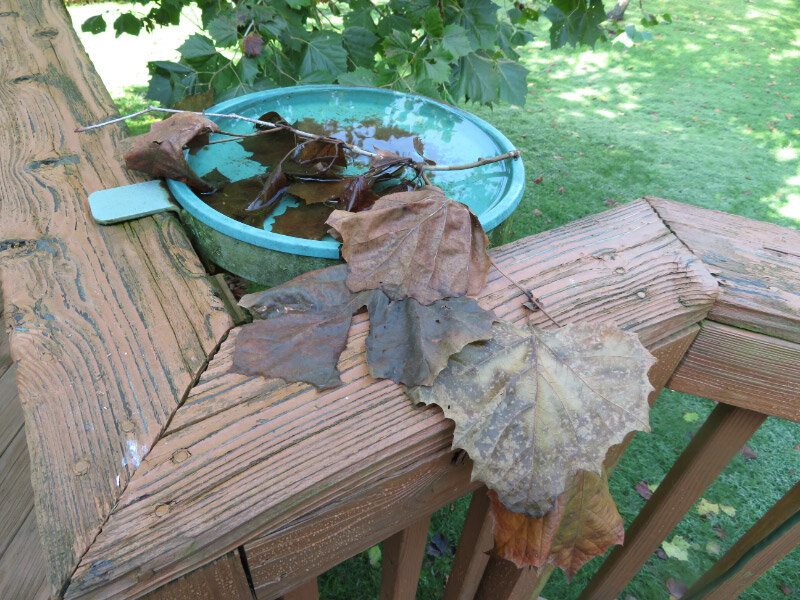Gleanings of the Week Ending October 19, 2024
/The items below were ‘the cream’ of the articles and websites I found this past week. Click on the light green text to look at the article.
Antarctic 'greening' at dramatic rate - Vegetation cover across the Antarctic Peninsula has increased more than tenfold over the last four decades… fundamental changes to the biology and landscape of this iconic and vulnerable region.
Is cleaning with baking soda better for the environment? – Maybe not…and it might not be very good at some types of cleaning either.
Meet Milagra, a Rare Condor Rescued as an Egg and Newly Released Back into the Wild – A success at Arizona’s Vermilion Cliffs National Monument.
Landslides, Thousands Of Downed Trees, Undercut Roads Along Blue Ridge Parkway – Lots of repairs for the National Park Service after Hurricane Helene. Some damage is severe enough (i.e. more than just clearing mudslides and debris) that it will take time to repair. The fall foliage will come and go.
In Search of Microbes That Weave Colors into Moroccan Carpets - A scientist’s quest for microbes that produce purple pigments led to the vibrant world of natural dyes for women in the Atlas Mountain region of Morocco creating sought after traditional woven carpets…it’s a great intersection of biology and traditional artistry! The findings are compiled into a 48-page open-source guidebook, also translated into English, which described their project, introduced microbial dyeing, and catalogued recipes for plant dyes.
Dementia diagnostic markers change with time of day - Biomarker levels (p-tau217) were at their lowest in the morning when participants woke and highest in the evening.
Great Lakes Water Quality Project Seeks to Restore Coastal Vegetation - Returning certain croplands to perennial vegetation to reduce runoff and limit erosion.
'A warmer, sicker world': Mosquitoes carrying deadly diseases are on an unstoppable march across the US - West Nile virus, Eastern equine encephalitis (EEE), malaria and dengue…The mosquitoes that carry these diseases are thriving in a warming world.
Extinct Volcanoes Could Be Source of Key Metals Needed for Clean Tech - Rare-earths lurking under extinct volcanoes may be easier to extract. The iron-rich magma that formed some extinct volcanoes would be up to 100 times more efficient at concentrating rare-earths than the magma found in active volcanoes today. By one estimate, demand for rare-earths is set to grow fivefold by the end of this decade so finding them closer to home could contribute to more rapid conversion to clean technologies.
See Newly Discovered Nazca Drawings That Depict Llamas, Human Sacrifices and More - With the help of artificial intelligence, researchers have found hundreds of ancient artworks carved into the pebbled ground of Peru’s Nazca Desert in 6 months compared to 430 found between 1927 up to before the use of AI.

























